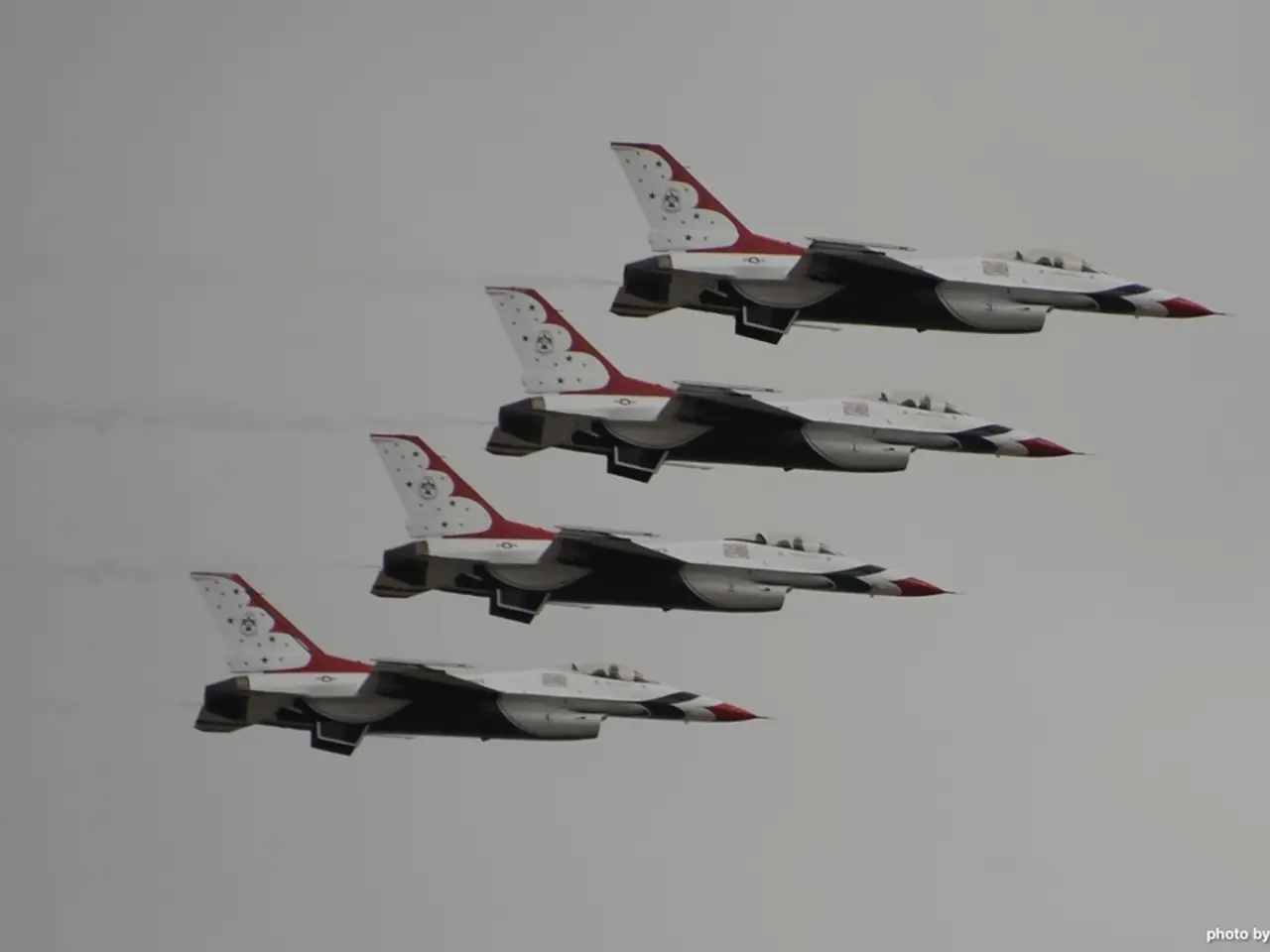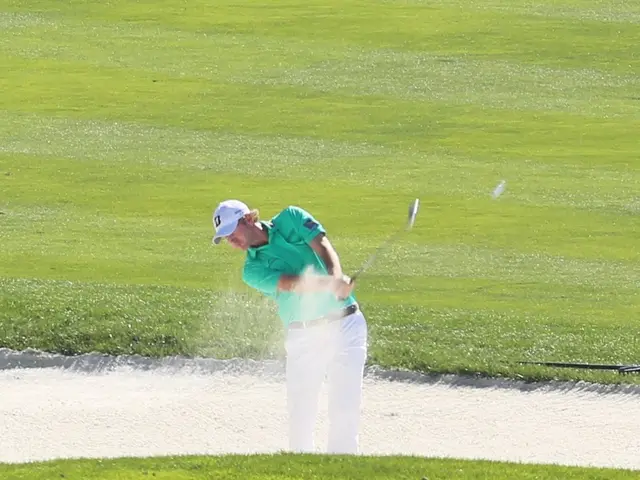NATO consultations sought by Estonia due to Russian aircraft violating their airspace.
In a recurring pattern this year, Russian fighter jets have breached Estonian airspace, marking the fourth such incident. This latest violation, involving MiG-31 fighters near Vaindloo Island, has prompted a strong response from Estonia and its Nato allies.
Prime Minister Kristen Michal requested Nato Article 4 consultations, a mechanism that allows member countries to consult on threats to peace, security, or territorial integrity. The aircraft in question did not have flight plans, their transponders were turned off, and they were not in two-way radio communication with Estonian air traffic services, raising concerns about the intentions behind the incursion.
Nato swiftly responded, intercepting the Russian jets, according to a Nato spokesperson. The Italian Air Force, as part of the Nato Baltic air-policing mission, dispatched F-35 fighter jets to respond to the incident.
The Estonian foreign ministry stated that the aircraft remained in the airspace for 12 minutes. Kaja Kallas, the European Union's foreign policy chief, described the incursion as an "extremely dangerous provocation" that "further escalates tensions in the region".
This incident marks the most serious cross-border incident into a Nato member country since the war in Ukraine began, and Estonia, along with Poland, have been identified as the most likely targets for a potential attack in connection with Russian jet airspace violations. Other alliance countries have reported similar incursions and drone crashes on their territory.
Estonia has not been alone in expressing concern. Poland, despite being larger, also feels vulnerable, with all four countries being staunch supporters of Ukraine. Joseph Tsakhna, the Georgian foreign minister, called for a swift increase in political and economic pressure against Russia.
The US-led efforts to stop the war in Ukraine have come to nothing, increasing tension in Europe. Amidst this backdrop, the Russian charge d'affaires was summoned and given a protest note by the Estonian foreign ministry. However, Russian officials did not immediately comment on the incident.
Estonia, Lithuania, and Latvia are seen as potential targets if Russia were to attack Nato. As the situation continues to unfold, it is clear that the tension at the alliance’s eastern borders remains high.
Read also:
- United States tariffs pose a threat to India, necessitating the recruitment of adept negotiators or strategists, similar to those who had influenced Trump's decisions.
- Weekly happenings in the German Federal Parliament (Bundestag)
- Southwest region's most popular posts, accompanied by an inquiry:
- Discussion between Putin and Trump in Alaska could potentially overshadow Ukraine's concerns








